#MeToo: Bollywood vs Hollywood
In light of #MeToo accused Sajid Khan’s reality show stint, we explore the contrasting nature of how sexual misconduct allegations are dealt with in India and the West
The #MeToo movement became a watershed moment in history by bringing to light accounts of sexual harassment and misconduct at the workplace. However, five years after it first gained prominence, consequences faced by the accused remain remarkably different between the Indian film industry and Hollywood.
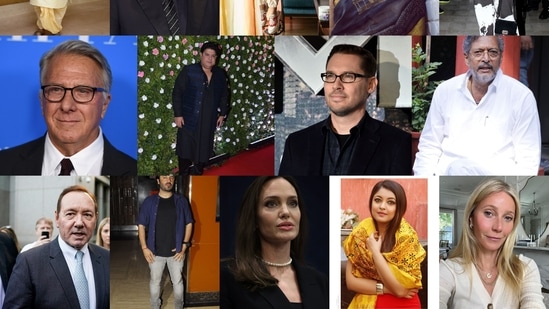
While reports by American media speak of how men accused of #MeToo struggle to find work, closer home, things haven’t changed much for celebs accused of harassment. Latest case in point being filmmaker Sajid Khan’s participation in the reality show Bigg Boss 16. Ever since the news first emerged, social media has been abuzz with people calling the makers out for their disregard towards the survivors, who had shared their #MeToo accounts against Khan in 2018.
Actor Tanushree Dutta, who became the torchbearer of the movement in India after speaking up against actor Nana Patekar and filmmaker Vivek Agnihotri, calls Khan’s entry into the show a “cheap publicity stunt” and a “desperate attempt” by makers to revive interest in the show.
Among the several women who accused Khan, was actor Mandana Karimi, who claimed that he had asked her to remove her clothes during a meeting for his film Humshakals (2014). In a recent interview with us, Karimi said she is not shocked that he is back in the limelight without any repercussions. “For people, life has become like, ‘If it is going to benefit me and I can make money, who cares?’ That shows why #MeToo movement in India and many other countries didn’t really reach anywhere,” Karimi, who has decided to bid adieu to Bollywood as a result, said.
But, this is not the first instance that such an uproar has been created over an accused facing no repercussions. National Award-winning singer Chinmayi Sripaada, who was among several women who named Tamil lyricist and poet Vairamuthu of sexual harassment. feels that such incidents make the process of coping with the trauma of abuse, tougher. “It does further the trauma. But, what can you do? My molester is the favourite nationalist Tamil boy. He continues to get a platform. So many women, who call themselves feminists, get clicked with him,” she says.
Sripaada, however, expresses hope that things will change. “I know when I came out, it was incredibly freeing... Change doesn’t happen instantly. I see men who have taken a step back after this movement, and looked inwards, trying to unlearn things. I think things will change, but they will take time,” she says.
Singer Neha Bhasin, who had spoken up against singer-composer Anu Malik in 2019, says such incidents do not undermine the accusations. “Why should I care about the verdict of a society that is okay with people accused of harassment getting important projects, as if nothing ever happened? It is their shame; those who decide to work with them and continue to be seen with them. They, in no way, undermine whatever any of the victims have said about the accused before,” she says.
#MeToo victims on why there is such a stark contrast in the consequences faced by those accused in the movement in the U.S and India
_1665248199134.jpg)
Tanushree Dutta:
“The law and order in the US is strong. So, the people have that support. We need to strengthen our system like that. Everyone needs to come together in solidarity in India to eliminate such crimes. Industry veterans, production houses and seniors need to be more responsible not to send such a horrible message to society.”
Neha Bhasin:
“Incidents like these are a glaring reflection of the deep-rooted patriarchy. People might get richer and buy expensive cars, but the mindset remains the same. Women are held accountable on the basis of morality, while men are not held accountable to the same standards. Everyone is out to character assassinate a woman. And that’s why the consequences will be different here. The fact that it is acceptable, that someone can get to work after such incidents, just cements my thoughts about India being a patriarchal society.”
Mandana Karimi:
“There are people who agree to compromise and keep their mouths shut, or not talk about the things happening around, thinking what difference will one person make? That is the main problem... It was just a few women, they came, they spoke and that was it. Where is the action? Who is boycotting these people? Nothing is going to happen. The industry is a place were someone is someone’s mum, boyfriend, girlfriend or husband. It’s like, you scratch my back, and I will scratch yours.”
#MeToo in the US
_1665246500887.jpg)
The movement first originated in the US in 2006, when the phrase “Me Too” was used in this context by sexual assault survivor and activist Tarana Burke. It gained prominence, however, when The New York Times came out with an article in 2017, accusing the then movie baron, Harvey Weinstein, of sexually harassing multiple women and actors at the workplace.
The same year, actor Alyssa Milano posted on Twitter: “If you’ve been sexually harassed or assaulted write ‘me too’ as a reply to this tweet.” Within hours, her post generated several responses, including from actors Gwyneth Paltrow, Jennifer Lawrence and Uma Thurman, among others.
In 2018, an NYT article revealed that 201 high profile accused names were out of work. Five years later, another report in The Hollywood Reporter said that majority of these names still remain out of work, which is “one of #MeToo’s greatest victories at the practical level”.
Prominent names accused during the #MeToo movement (US.)
Kevin Spacey:
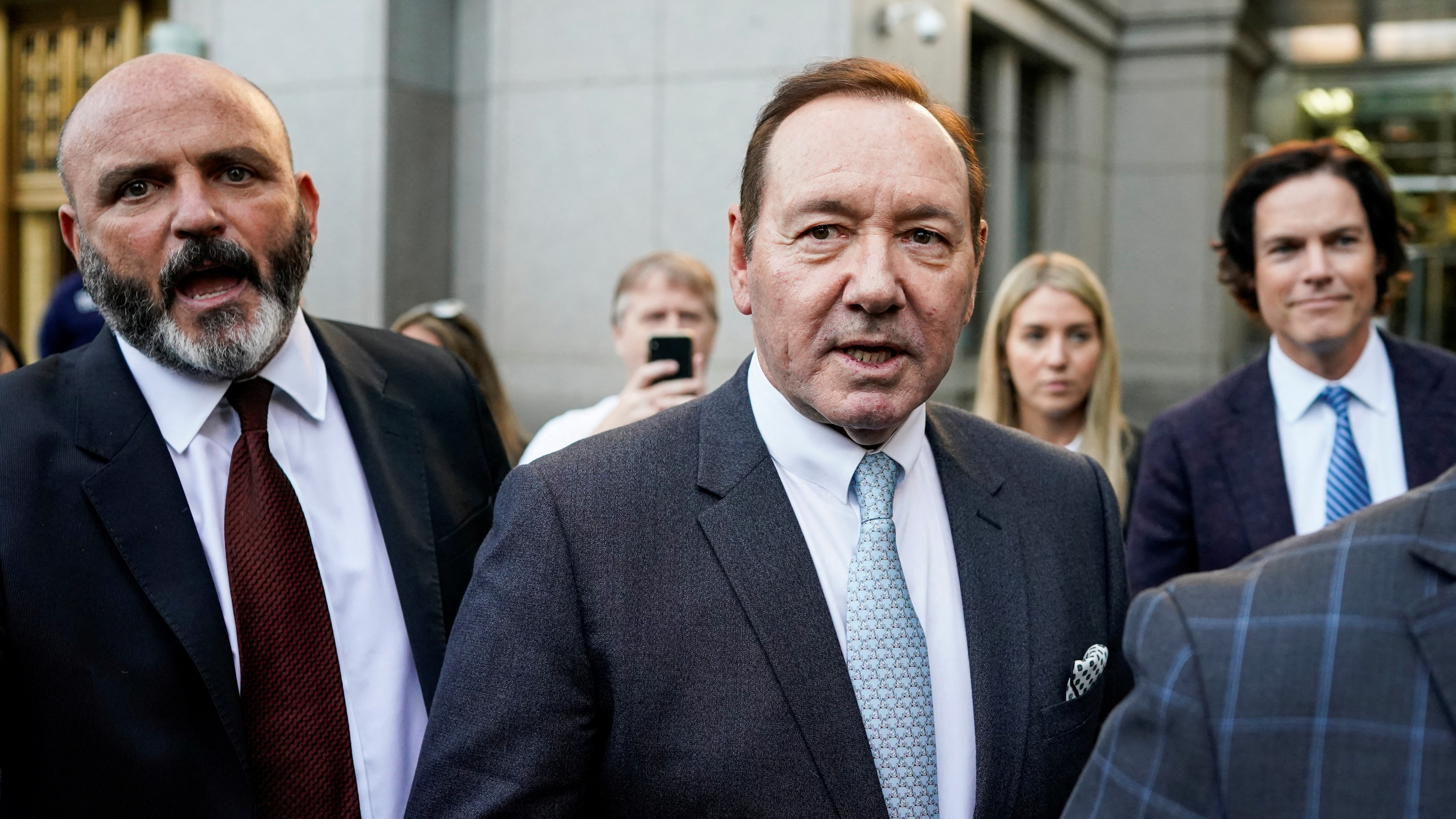
In an interview in 2017, actor Anthony Rapp accused actor Kevin Spacey of making a sexual advance towards him when he was 14 and Spacey was in his twenties. Since then, many others have come forward with their accounts of harassment against Spacey. Following this, Spacey was suspended from House of Cards and dropped from several projects. At present, the Oscar-winning actor has gone on trial in New York (USA) over the lawsuit by Rapp.
Steven Segal:
More than a dozen women have accused the actor of sexual harassment and assault, including actors Julianna Margulies, Portia de Rossi, Jenny McCarthy, Lisa Guerrero, and Rachel Grant. Seagal had also previously been sued for sexual assault. By January 2018, at least two women had filed police reports against him. The same year in August, news broke that Russia had named Seagal a “special representative” for US-Russia humanitarian ties.
Louis CK:
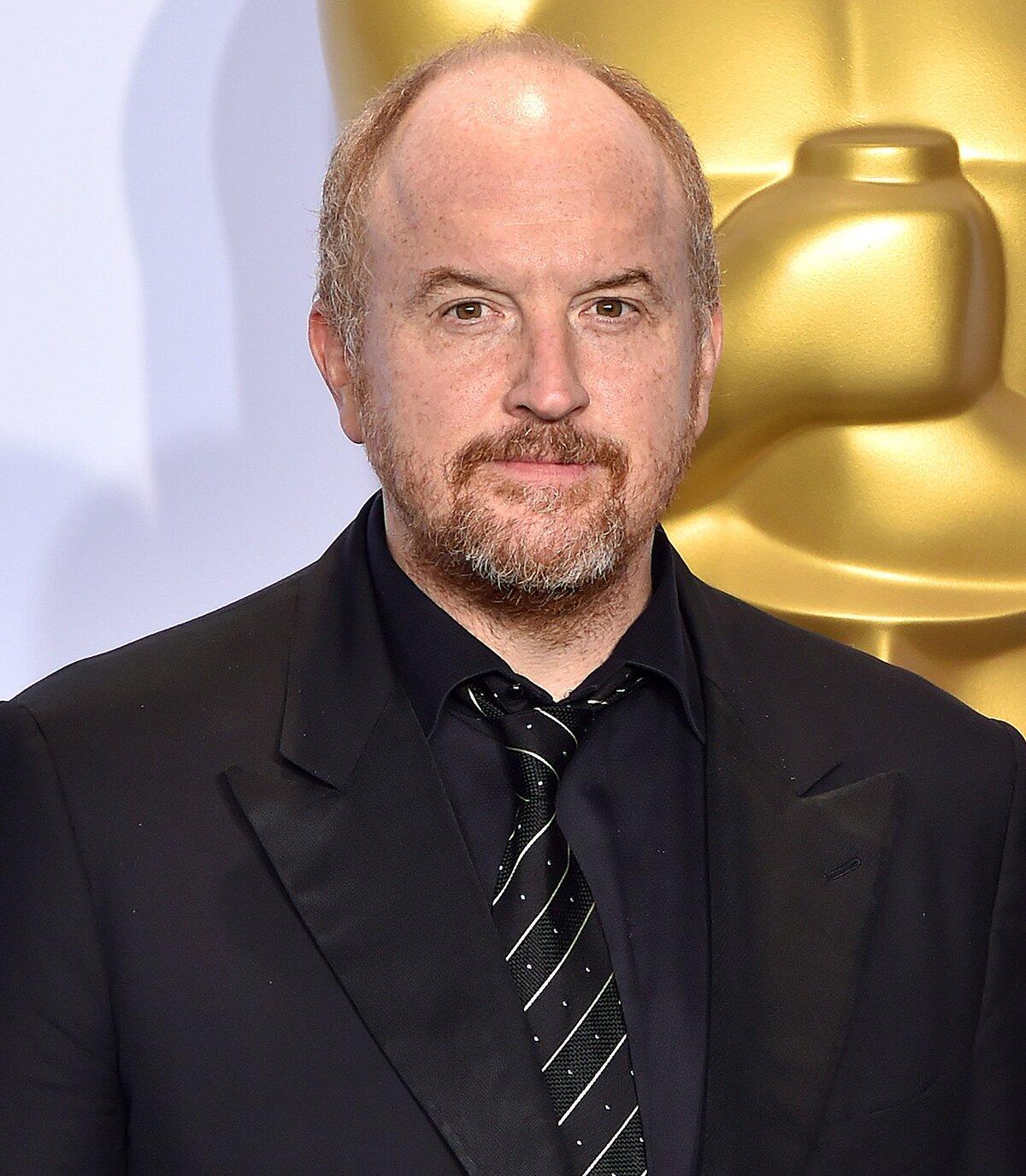
Five women accused comedian-actor Louis CK in 2017 of sexual misconduct, detailing alleged incidents in which CK exposed himself and masturbated in front of them. In a statement released later, CK confessed that these accounts were true. Soon after, channels and streaming platforms HBO, Netflix and FX cut ties with him, and the distributor of his next film, I Love You, Daddy, cancelled its release. TBS, too, said it had suspended production on CK’s animated comedy, The Cops, before scrapping the project entirely. However, CK continues to make his way back to the stand-up circuit.
Dustin Hoffman:
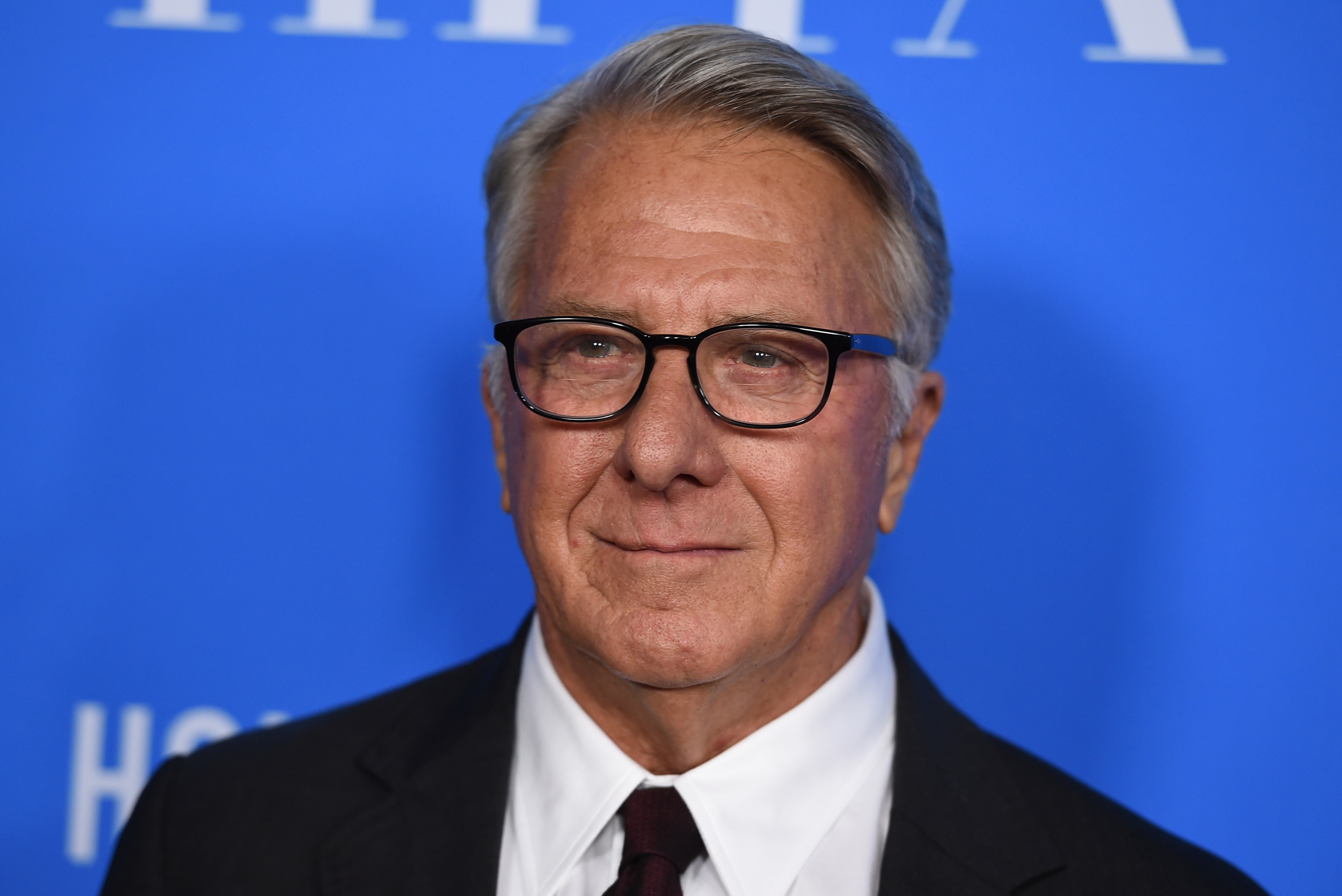
Writer Anna Graham Hunter, who was 17 when she interned at the set of 1985’s Death of a Salesman, told The Hollywood Reporter that on set, actor Dustin Hoffman “was openly flirtatious, he grabbed my ass, he talked about sex to me and in front of me”. Later, two more women accused him of sexual assault, and a third said he exposed himself to her when she was a teenager. In a statement, the actor apologised and said he “felt terrible”. On the show Last Week Tonight with John Oliver recently, the host grilled him during a panel he was moderating, in an effort to get him to self-reflect.
Bryan Singer:
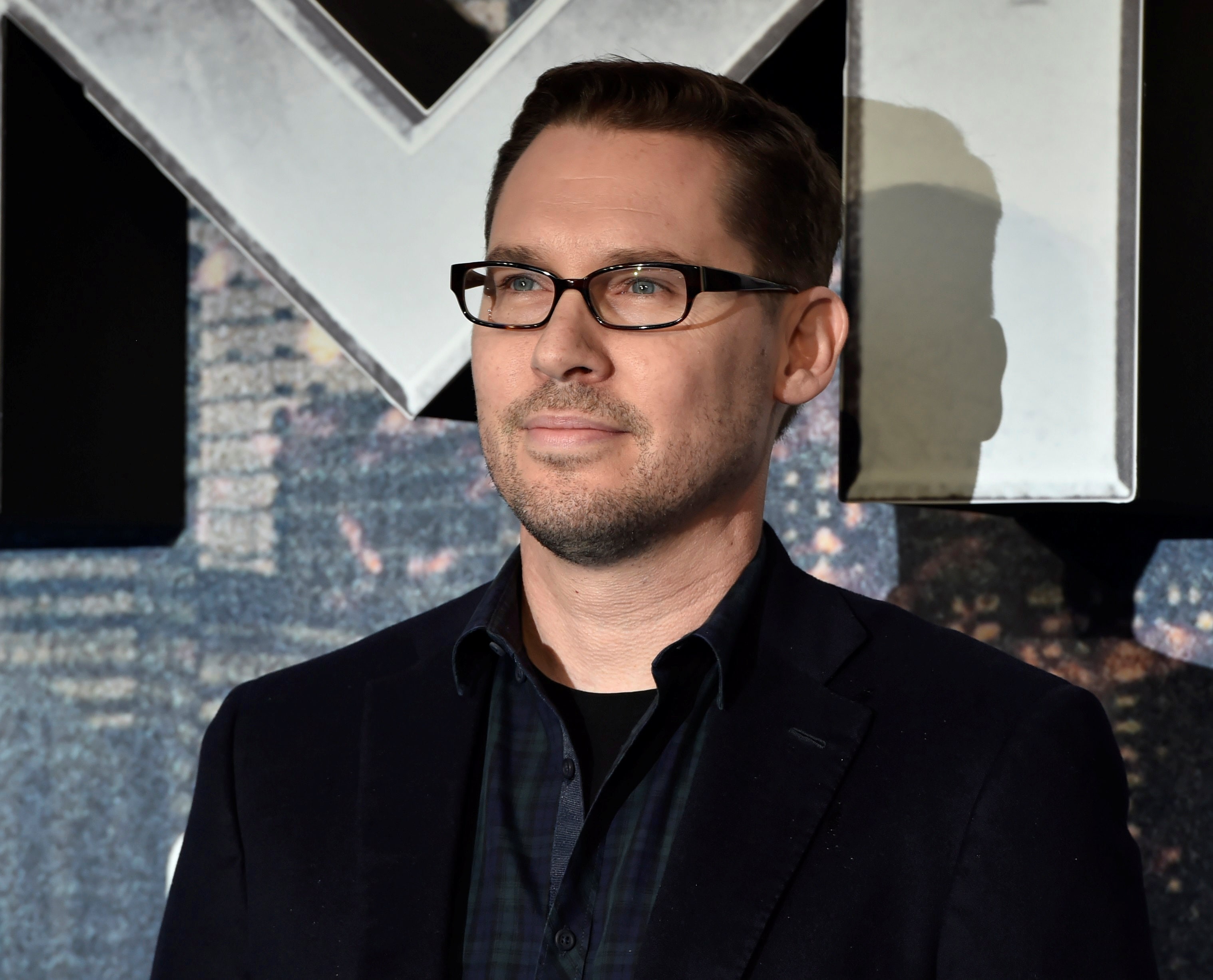
Director Bryan Singer faced accusations of sexual misconduct involving minors. Model Michael Egan sued him for sexual assault of a minor in 2014 (the case was withdrawn), and an anonymous plaintiff sued him for sexual assault in 2014. In 2017, actor Cesar Sanchez-Guzman filed a lawsuit in Washington and alleged that Singer had raped him when he was a teenager. Allegations against Singer gained more attention after he was fired from directing the film Bohemian Rhapsody. He still remains listed as the director of the Freddie Mercury (singer) biopic and the remake of Red Sonja (1985).
#MeToo in India
_1665247474368.jpg)
Although the #MeToo wave first reached India in 2017, as it did in many other countries following the high profile cases in Hollywood, it became prominent only a year later in 2018, after actor Tanushree Dutta opened up about her account, accusing actor Nana Patekar of sexual harassment.
That interview served as the prompt for multiple others, who spoke out against high profile names in the industry. Some of those accused included filmmakers Rajkumar Hirani, Vikash Bahl, Subhash Kapoor and Sajid Khan, singers Anu Malik and Kailash Kher, and actors Alok Nath and Rajat Kapoor.
However, nearly all of those who have been accused, continue to get work in their respective fields. Social media outbursts from several pro feminist and #MeToo handles, and countless online petitions, have all fallen on deaf ears as makers continue to offer projects and positions of respect and importance to the accused.
Prominent names accused during the #MeToo movement in India
Anu Malik:
Allegations against the composer first emerged when singer Sona Mohapatra accused him of referring to her as “maal”. Shortly after, singer Shweta Pandit opened up about being sexually harassed by him when she was 15. The alleged incident took place in 2001, when Pandit visited Empire Studio in Mumbai’s Andheri for an audition. Malik denied the allegations. While Indian Idol removed him as a judge after an uproar in 2019, he got back to the seat, a season later.
Sajid Khan:
A journalist accused the filmmaker of assaulting her and exposing his genitals while she was interviewing him in the early 2000s. Another woman alleged that he harassed her in 2011 when she was working as his assistant director. Several others, including actor Mandana Karimi recounted being assaulted by the filmmaker. While he stepped down as the director of Housefull 4 (2019), Khan is back as a contestant on a reality show.
Vikas Bahl:
A crew member accused filmmaker Vikas Bahl of assaulting her during the filming of Bombay Velvet in Goa in 2015. Actor Kangana Ranaut, too, has accused him of sexual misconduct. Bahl sent legal notices to his former business partners, filmmakers Anurag Kashyap and Vikramaditya Motwane for making “defamatory allegations” against him. Following this, he worked with actor Hrithik Roshan in the film Super 30 (2019) and more recently, directed Goodbye, starring Amitabh Bachchan and Rashmika Mandanna.
Alok Nath:
Writer and director Vinta Nanda accused actor Alok Nath in 2018 of raping her in the 1990s. Subsequently, actors Renuka Shahane, Himani Shivpuri, Sandhya Mridul, Deepika Amin and an anonymous Hum Saath-Saath Hain crew member have either admitted to knowing about Nath’s predatory behaviour or written about their own experiences. Nath has denied the allegations and filed a defamation case against Nanda, with his wife’s support. He featured in two films Sonu Ke Teetu Ki Sweety (2018) and De De Pyaar de (2019) after the incident.
Nana Patekar:
Actor Nana Patekar was accused by actor Tanushree Dutta, making him the first prominent name to be highlighted in the #MeToo movement in the Indian film industry. He denied the allegations and tried to drag her to court as well. Two years later, he starred in the film It’s My Life, alongside Harman Baweja and Genelia Deshmukh. Patekar is reportedly gearing up for his next release, The Confession.
Get more updates from Bollywood, Amar Singh Chamkila Review, Hollywood, Music and Web Series along with Latest Entertainment News at Hindustan Times.



